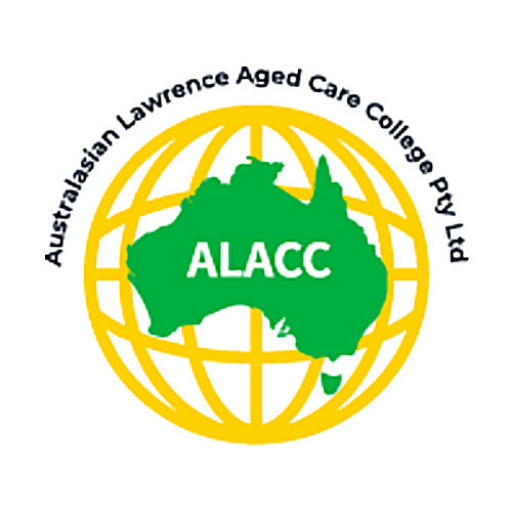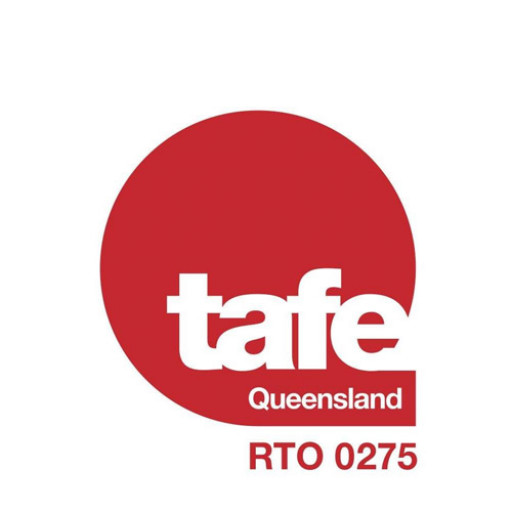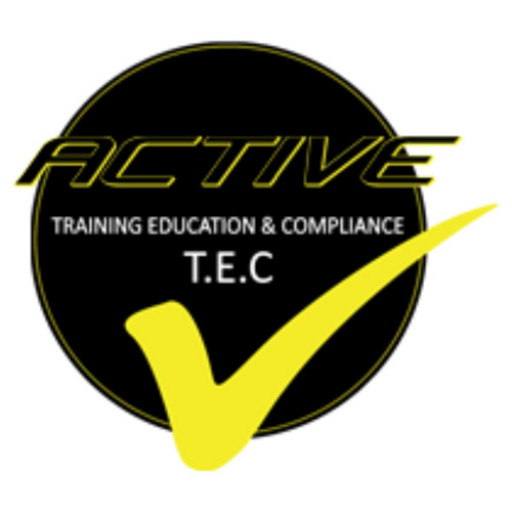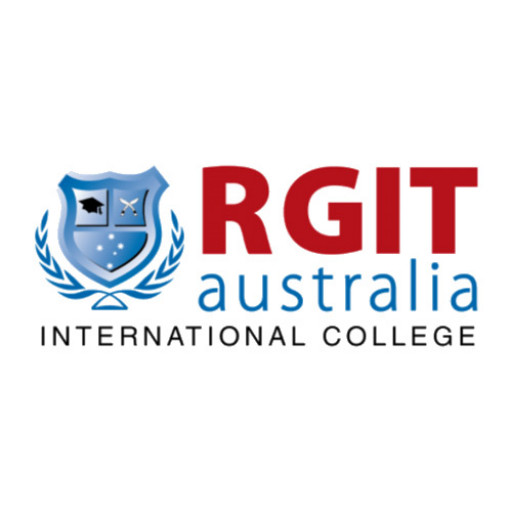Family Violence Support and Prevention Certificate IV provides students with the essential skills and knowledge required to support individuals affected by family violence. This course is designed to prepare graduates to work effectively in a range of community and government settings, including family violence outreach programs, crisis accommodation services, and support agencies. Throughout the program, students learn about the dynamics of family violence, risk assessment, intervention strategies, and legal frameworks, enabling them to promote safety and wellbeing for clients. The curriculum covers key topics such as responding to disclosures, establishing rapport and trust, safety planning, and understanding the impacts of trauma. In addition to theoretical knowledge, the program emphasizes practical skills through simulated scenarios and work placement opportunities, allowing students to gain real-world experience in supporting vulnerable populations. The course also focuses on enhancing communication skills, cultural competency, and ethical considerations when working with diverse communities. Graduates of this program are equipped to work collaboratively with other professionals, such as police, healthcare providers, and social workers, to offer holistic support to victims of family violence. Upon completion, students will be accredited to work as family violence support officers, crisis support workers, or community liaison officers. This qualification is a valuable stepping stone for those looking to develop a career dedicated to preventing family violence, raising awareness, and advocating for the rights and safety of affected individuals. The program's comprehensive approach ensures that graduates are confident in delivering sensitive, respectful, and effective support, making a positive difference in the lives of many.
Course content for the Family Violence program at Chisholm Institute, TAFE VIC
The Family Violence program at Chisholm Institute offers comprehensive training designed to prepare students for roles in supporting individuals and families affected by family violence. This course covers a wide range of topics aimed at developing the skills, knowledge, and understanding necessary to work effectively in this sensitive and vital area. Throughout the program, students will explore the nature and dynamics of family violence, including its causes, effects, and risk factors, enabling them to identify warning signs and understand the complex needs of victims.
Participants will learn about the legal and ethical considerations involved in managing family violence cases, including relevant legislation, mandatory reporting requirements, and the importance of confidentiality and respectful communication. The program emphasizes proactive approaches to safety planning and intervention strategies, ensuring students are equipped with practical skills to support clients safely and effectively. This includes training on risk assessment, crisis intervention, and referral pathways to other services such as counseling, legal aid, and housing support.
The course also covers the roles and responsibilities of professionals working with families affected by violence, fostering a trauma-informed approach that prioritizes the safety, dignity, and empowerment of clients. Students will gain an understanding of cultural sensitivities and the importance of considering diverse backgrounds and circumstances in their practice. Practical skills are developed through case studies, role-plays, and interactive workshops, all designed to simulate real-world scenarios and enhance learners’ confidence and competence.
In addition to theoretical knowledge, the program provides insight into community resources and networks that can assist in prevention and intervention efforts. Students will be encouraged to develop collaborative skills necessary for working as part of multidisciplinary teams, including social workers, police, healthcare professionals, and legal practitioners. The curriculum also emphasizes the importance of self-care and professional boundaries when working in emotionally demanding environments.
Upon completion of this program, students will be equipped to work with families and individuals experiencing family violence, contributing positively to the safety and well-being of vulnerable populations. Graduates will be prepared for roles in community services, social work support, and other related fields focused on family violence prevention and intervention. This training aligns with industry standards and aims to foster a workforce capable of making a meaningful impact in the fight against family violence.
Program requirements for the Family Violence qualification at Chisholm Institute typically include a combination of prerequisite skills, relevant physical or mental health considerations, and completion of specific coursework. Applicants are generally expected to have a minimum of a Year 12 or equivalent qualification, demonstrating readiness for diploma-level study. To enroll in this program, prospective students must provide proof of qualifications and may be required to undertake an interview or aptitude assessment to determine suitability for the discipline.
The program aims to equip students with a comprehensive understanding of family violence, including its causes, effects, and strategies for intervention and prevention. As such, students are expected to engage actively in practical placements or work-based learning components, which are integral to the curriculum, enabling them to apply theoretical knowledge in real-world settings. These practical components usually require students to complete a set number of hours in approved community or healthcare organizations, with students possibly needing to provide evidence of immunizations, police checks, or working with children checks, depending on placement requirements.
Additionally, students should possess strong communication skills, empathy, and the ability to work ethically and professionally with vulnerable populations. Successful completion of the program often necessitates the demonstration of competency across various assessment tools, including written assignments, presentations, and practical assessments. It is also important for students to uphold confidentiality and demonstrate cultural sensitivity, particularly when working with diverse communities affected by family violence.
Physical and mental health considerations are also relevant; students should declare any health conditions that might impede their ability to undertake placements or coursework requiring significant emotional resilience. The program emphasizes ongoing professional development, requiring students to stay informed of the latest practices and legislative changes related to family violence. Maintaining up-to-date First Aid and CPR certifications, and understanding mandatory reporting obligations, are standard requirements throughout the course.
Furthermore, applicants might be encouraged or required to undertake background research or pre-reading to familiarize themselves with current issues surrounding family violence, including understanding of legal frameworks, support services, and community resources. Collaboration and teamwork skills are vital, as the program involves group work and peer learning activities designed to simulate real-case scenarios.
Overall, the entry requirements and program expectations are designed to ensure students are prepared to undertake meaningful careers in family violence prevention, intervention, and support services, aligning with professional standards and ethical considerations.
The financing of the Family Violence program at Chisholm Institute, TAFE VIC, is primarily supported through government funding and student fee contributions. As a publicly funded institution, Chisholm Institute benefits from Victorian and Australian government initiatives aimed at addressing family violence and promoting workforce development in this vital sector. The program's tuition fees are determined annually and are subject to government regulation, making the cost accessible to a diverse range of students, including domestic students, apprentices, and funded learners under various schemes. For domestic students, the fees often fall within application-specific funding arrangements such as VET Student Loans, which help eligible students to defer payment, thereby reducing immediate financial barriers and encouraging participation in training related to family violence prevention and support services. International students seeking to enroll in the program are required to pay full tuition fees, which are set at a premium level due to the lack of government subsidy and are specified in the individual course fee schedule provided by Chisholm Institute.
Chisholm Institute also offers scholarships and financial assistance programs aimed at supporting disadvantaged students or those engaged in family violence studies, recognizing the importance of equipping professionals with adequate training to address family violence issues effectively. These financial aid options are promoted through the institute’s student services and are designed to reduce financial barriers and promote equitable access to education.
Furthermore, funding for the program may include industry grants or partnerships designed to enhance curriculum relevance and ensure graduates are workforce-ready. The institute actively collaborates with government agencies, community organizations, and industry partners to secure additional funding, which can be directed toward course materials, practical placements, and student support services.
Overall, the financing model for the Family Violence program at Chisholm Institute balances government funding, student contributions, and external grants, aiming to provide affordable, accessible, and high-quality training for individuals committed to pursuing careers in family violence prevention, intervention, and support. This multifaceted approach ensures the sustainability of the program while aligning with broader objectives of social justice and community safety.
Family Violence qualification at the Chisholm Institute offers comprehensive training aimed at professionals working in family violence prevention and support services. This program covers key aspects such as understanding the dynamics of family violence, risk assessment, intervention strategies, and trauma-informed care. It prepares students to respond effectively to clients experiencing family violence, ensuring their safety and well-being. The qualification is designed for a range of roles including social workers, community service workers, counsellors, and those involved in policy and program development relating to family violence issues. The curriculum emphasizes practical skills alongside theoretical knowledge, incorporating real-world case studies and scenarios to enhance learning outcomes. Students will learn about legislative frameworks, ethical considerations, and culturally sensitive practices relevant to family violence support. The program also explores strategies for working with diverse populations, including Aboriginal and Torres Strait Islander communities, LGBTQ+ individuals, and multicultural groups, to provide inclusive and respectful services. Upon completion, graduates are equipped with the skills necessary to work within government, non-government, or community-based organizations effectively. The course may include practical placements, where students engage with community agencies to gain hands-on experience under supervision. As part of its commitment to industry relevance, Chisholm Institute collaborates with community partners to ensure the curriculum aligns with current industry standards and community needs. This program is suitable for those seeking to develop specialist skills in family violence intervention, or for professionals looking to formalize their expertise in this critical area. The qualification provides pathways for further study and professional development within the social services sector. Overall, the program aims to empower graduates to make meaningful contributions toward reducing family violence and supporting affected individuals and families through informed, ethical, and compassionate practices.









